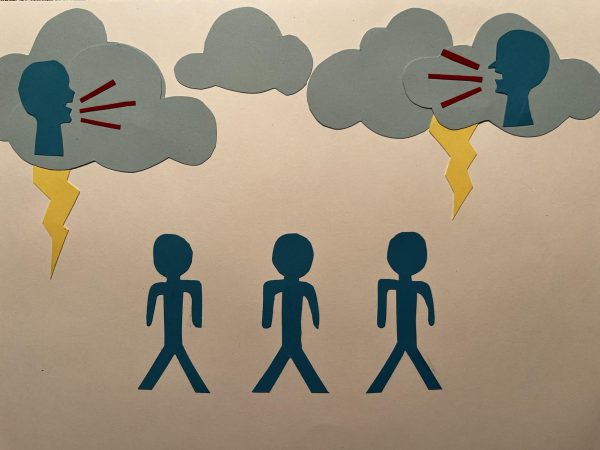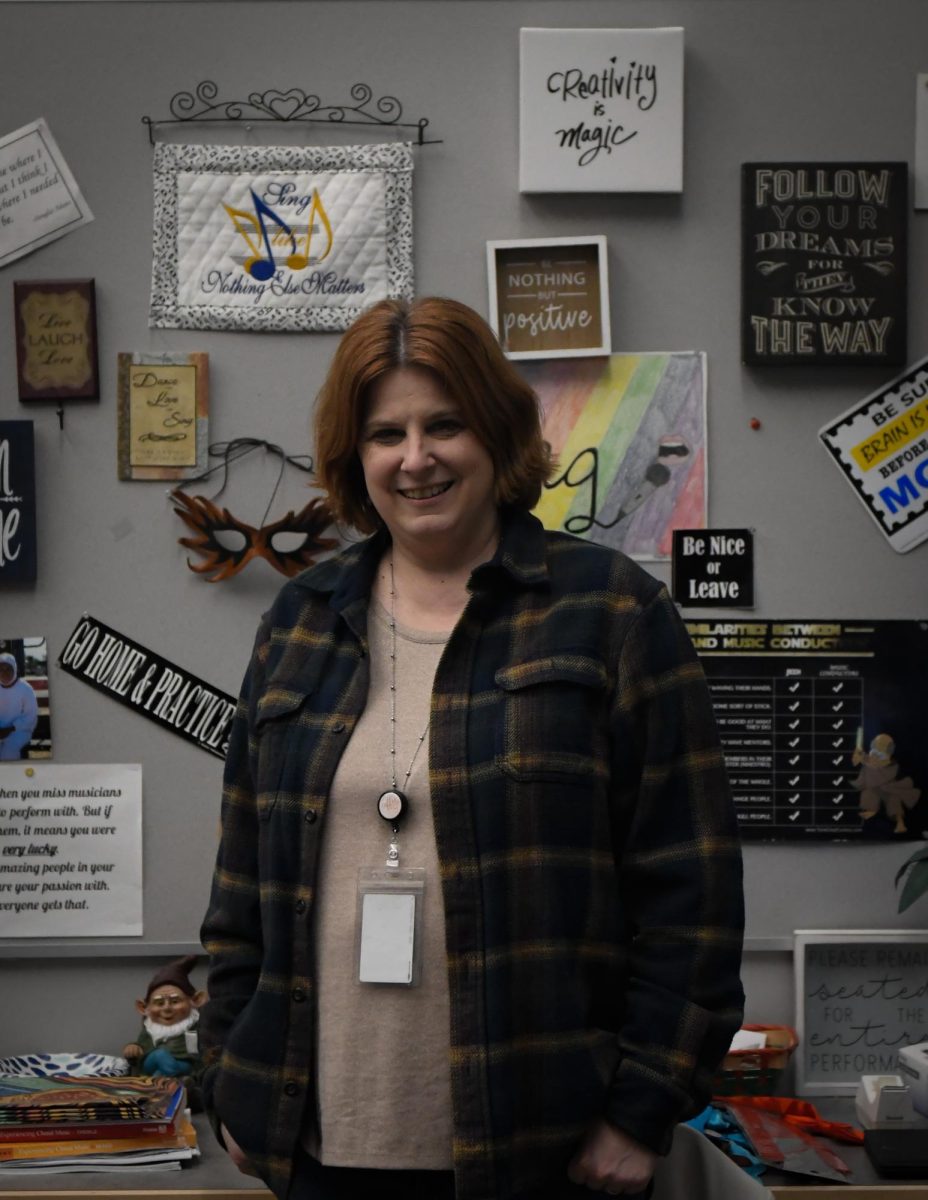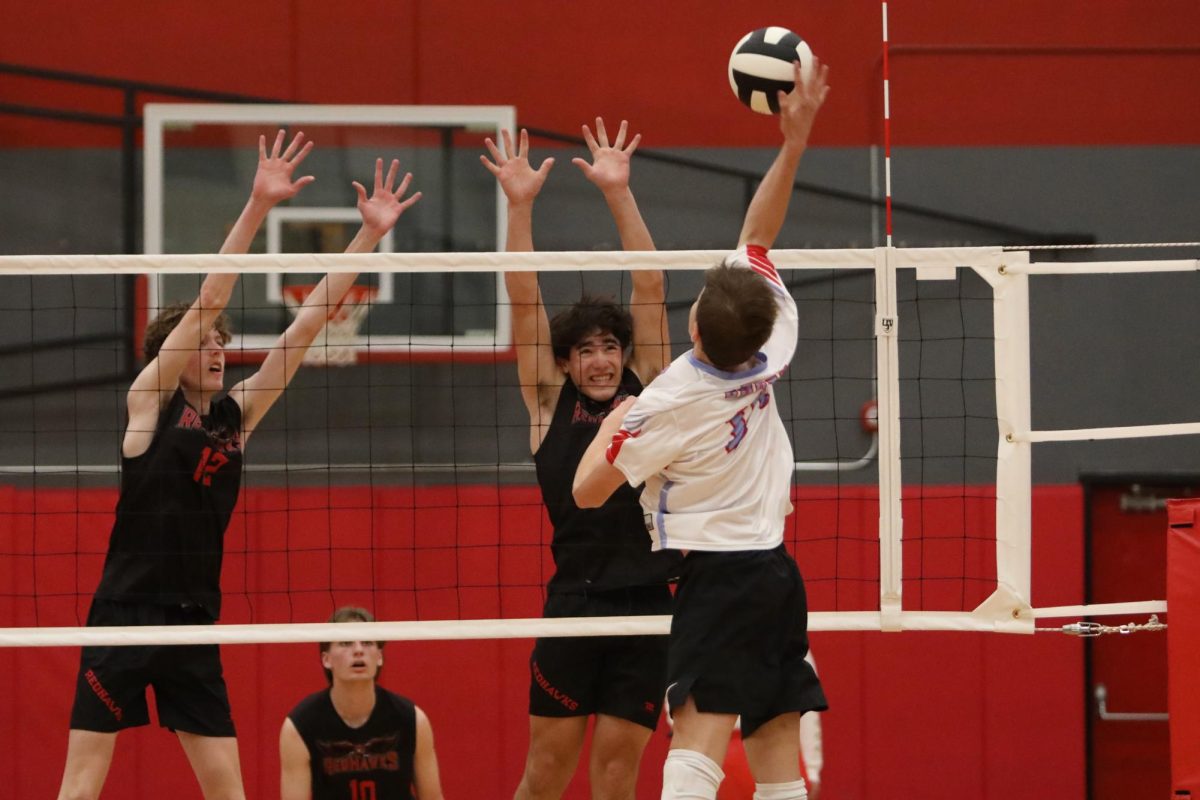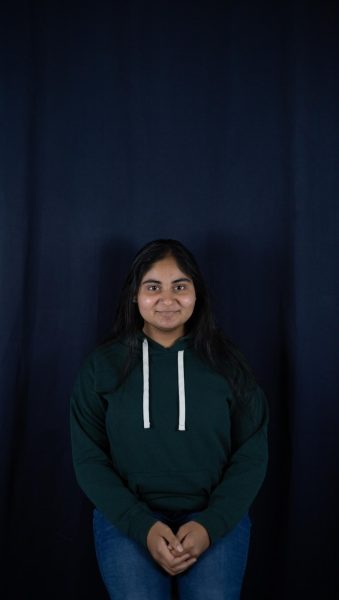
(Mollie Brown & Avneet Dhaliwal)
An argument that has caused outbursts throughout the country has reached the walls of our own school district, and as parents, staff, and community members have been debating how it will affect our community, there’s one voice not being heard: students.
Over the summer, GAPS’ controversial issues policy was reviewed, and a proposed revision has reassessed the role of controversial material being taught in the classroom. Accompanying this revision is a draft of a new policy, which would require teachers to notify the principal at least seven days prior to the date of a lesson handling controversial issues, defined by the district as “any topic or problem which society is in the process of debating on which there is honest disagreement.”
The problem with this definition is that society is never not in the process of debating the policies and ideas of the past. With a condition as vague as this, there is little room left for what curriculum is undisputed and universally agreed on by everyone.
These issues are included in the curriculum with the goal of helping students to “develop techniques for considering such questions and techniques which they will use habitually in later life,” according to the policy.
It seems counterproductive to this goal to give parents the ability to opt their students out of issues deemed to be controversial, as they are intended to further their education and prepare them for adulthood. Opting students out of certain lessons may create discrepancies in their understanding of social settings and conversations. This creates frustrations on both sides of the conversation. Teenagers who are present during uncomfortable discussions in class will hold a different point of view than teenagers removed from the discussion by their guardians. This divides the student body and pits individuals against each other, which could lead to a more polarized political climate as they reach adulthood.
Students raised in a household that may be more privileged, or by family members who are politically partisan, may have no other opportunity to be exposed to these controversial issues, especially in an educational environment. Curriculum including controversial materials allows students to think for themselves about current events and divisive issues. Granting parents the right to take away these opportunities strips students from their sense of autonomy over their education.
Considering that this policy is so relevant to students, it should be self-evident that they are involved in the process; however, at the community meeting held on the Sept. 25, only one student spoke about the issue. This could be attributed to the fact that most students were unaware of the policy change in the first place, which directly impacts the amount of student perspectives heard at the administrative level. The lack of publicity directed toward students explains the low attendance. It also highlights the way the issue has been downplayed, as most students have only heard diluted information about the policy. This gives them a surface level understanding of the policy rather than the perspective on how it would directly affect their academic life.
This issue has become a rumbling stormcloud, creating discourse amongst community members and administrators and leading to a downpour that is drenching the student body. And the problem isn’t necessarily the policy itself. If this policy is implemented, giving parents the right to strip their students of their academic autonomy, it opens the door for more restrictive policies to be created without student input.
This is why it is imperative that the discourse regarding educational policies and regulations involve students. Administrators and community members should be actively seeking out student opinion when debating these issues, because students hold a valuable and crucial perspective when it comes to their education.



